Family Health
Prematurity Awareness and Prevention
Published: Dec. 1, 2020
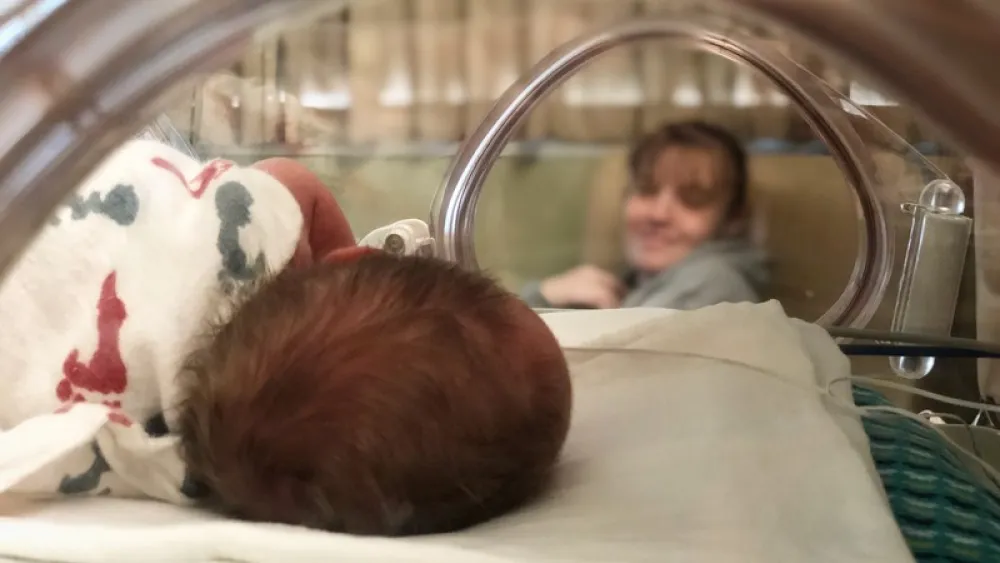
Will our baby survive?
If our baby survives, will he be OK?
What does a NICU stay mean for our family?
How long will our baby be there?
How will we afford it?
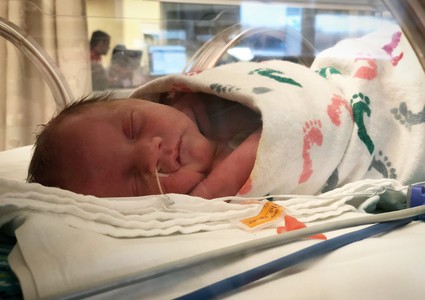 The Risk of Unplanned Pregnancies
The Risk of Unplanned Pregnancies
While there are a number of reasons a baby may need intensive care, some are tied to an unplanned pregnancy.
“I didn’t know I was pregnant until 10 weeks,” said Ashley Wilken of Norfolk.
While baby Kamden may not have been planned, he is “a miracle” and “a blessing.” He was born at 32 weeks via emergency C-section, weighing a little over 4 pounds.
“I’m diabetic, so I struggled with high blood pressure for pretty much all of my pregnancy,” Ashley said. “But it was really high when I went in for my last appointment.”
After medication failed to bring down her blood pressure. Doctors said it was time to bring Kamden into the world.
“I was so scared,” she said. “I was all by myself.”
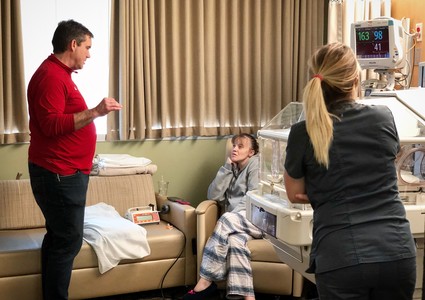 Addressing the Needs of Baby and Mom
Addressing the Needs of Baby and Mom
As a single parent, Ashley has learned to take comfort in her strong support system made up of close friends and family. She also feels blessed to be right where she is – two hours away from home alongside a skilled and caring NICU team at Methodist Women’s Hospital.
“We have a lot of buy-in here, when it comes to seeing that these babies go on to live healthy, normal lives,” said David Minderman, MD, medical director of the NICU and neonatologist at Methodist Women’s Hospital.
Ashley sensed that almost immediately.
“Oh, yeah,” she added. “I knew he was in good hands.”
As it turns out, she’s in good hands, too. She admits that being a NICU mom has been extremely challenging – emotionally and physically.
“But every nurse, every doctor who’s come into this room has never left without asking me if I needed anything,” she explained. “They’re concerned about me, too – not just my baby.”
“That’s half my job,” said Dr. Minderman. “We want everyone to be healthy. When parents are stressed, I think babies don’t do as well. I really believe that if we can help the parents be comfortable, it helps babies go home sooner.”
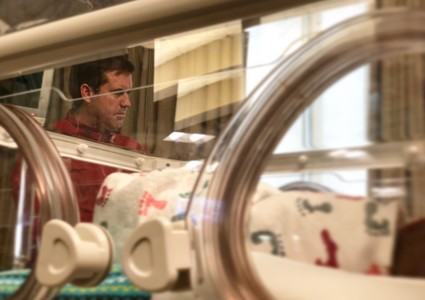 The Thrill of Positive Outcomes
The Thrill of Positive Outcomes
While it’s not what led Dr. Minderman to this profession, sending babies home is the best part of his job.
“I mean, really,” he added. “I chose this job because you get to deal with a rapidly changing environment. There’s a lot of opportunity for clinical care, a lot of opportunity to do procedures, and when I got started, there was a lot of emerging science. But getting to see people take their baby home – a baby that’s healthy and well – that has really become the pleasure of the job.”
If he can help it though, he wants babies to go home without ever having been rolled into the NICU.
“One of our biggest weaknesses here in the U.S., is getting the necessary care to mothers soon enough,” he said. “We could really prevent a lot of premature births by getting quality healthcare to all mothers.”
The Importance of Care and Optimism
Dr. Minderman urges women to pay close attention to their preconception health, seek prenatal care, listen to the advice of their obstetricians and know the signs and symptoms of preterm labor:
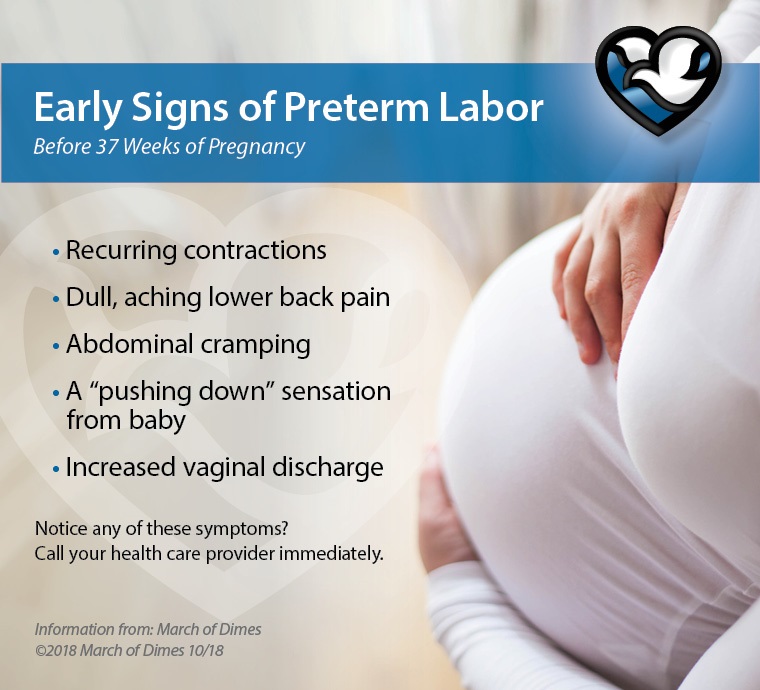
Above everything else though, he wants parents to know this:
“If you’re facing the possibility of a premature baby, the vast majority of the time, they’re able to do really well.”
As for baby Kamden? He continues to make progress. In fact, he recently started bottle feeding – something Mom isn’t about to take for granted.
“It makes me very proud,” Ashley said. “Like he’s accomplishing something. Like he’ll go on to do great things.”


